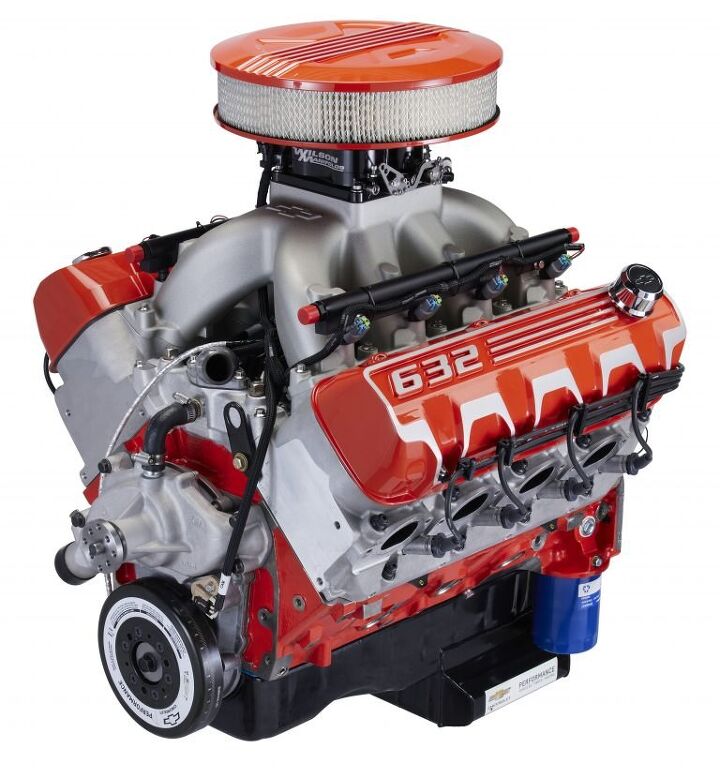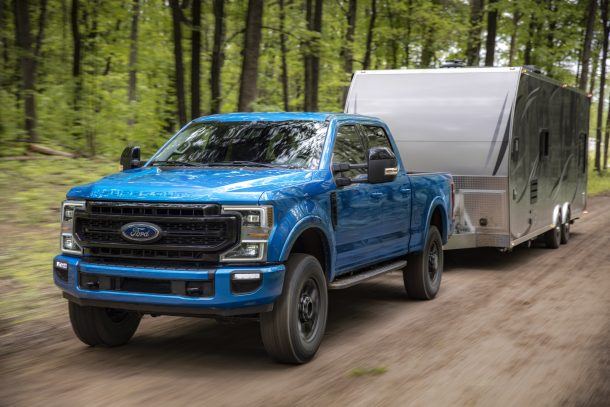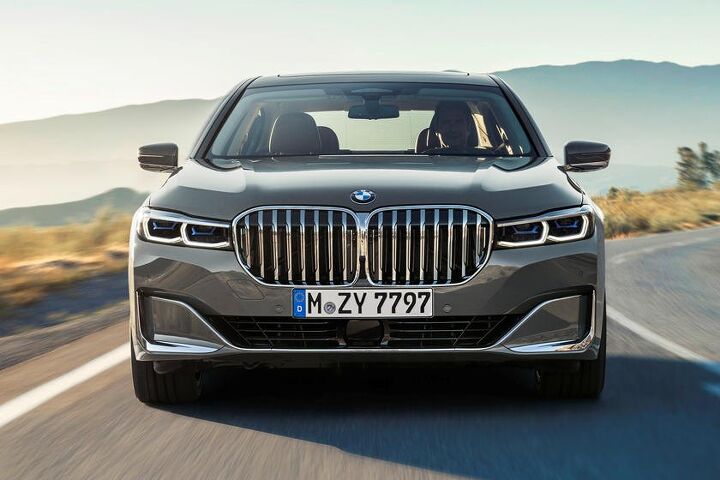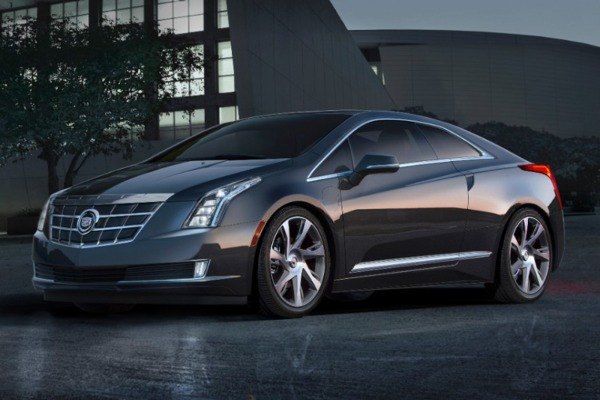#motors
Chevy Performance Reveals 10.3-Liter Crate V8 With 1,000 HP
On Wednesday, Chevrolet Performance announced the ZZ632/1000 — a naturally aspirated 632-cubic-inch (10,348 cc) V8 producing 1,004 horsepower and 876 lb-ft of torque on pump gasoline.
While 100 hp per liter may not be an engineering marvel today, delivering a crate motor that’s sized to embarrass every other powertrain installed into a production vehicle is an achievement in itself. This 10.3-liter behemoth makes the 8.4-liter V10 installed in Dodge’s Viper (rest in peace) look like it’s supposed to be fitted to a riding lawnmower. Of course, it’s also huge in comparison to literally every powertrain we’ve seen on a project car that didn’t source its parts from vintage aircraft.
2020 Ford Super Duty's New 7.3-liter V8 Approved for 430 Horsepower
Earlier this year, Ford teased a bunch of updates for its 2020 F-Series Super Duty pickups — including the all-new 7.3-liter V8 the automaker planned on offering.
Timed perfectly to coincide with the exact moment we forgot the motor was supposed to be coming, Ford released some specs this week. They don’t look half bad. Designed to be as hardwearing as possible, despite not being a diesel, the Windsor-built V8 will be made broadly available — making its way inside F-53 and F-59 stripped chassis models and the upgraded E-Series van.
BMW Won't Drop Its V12 Until at Least 2023
With environmentalism gradually neutering the internal combustion engine, small motors are increasingly cropping up in cars they seemingly have no business in. While that’s partly the fault of there being so many gigantic automobiles on the market, at least historically speaking, none of it would be possible without increasingly stringent fuel economy mandates.
As emission rules are unlikely to soften globally (we’ll see what the United States does), larger engines are assumed to go the way of the dodo bird — or some other overly specialized creature.
Chevrolet Performance Expanding Crate Options for Project Cars
Chevrolet is responding to Dodge’s introduction of a Hellcat-based crate engine intended for project cars that absolutely have to produce an obscene amount of horsepower. The “Hellcrate” was introduced last year, making 707 hp, for the low price of $19,530 — which actually sounds kind of expensive when you say it out loud.
Not to be outdone, General Motors is offering a trio of new engines to complement its already full stable. There’s the supercharged 6.2-liter LT5 from the Corvette ZR1, which should trump Dodge’s mill at 755 hp, and two naturally aspirated alternatives that should be sufficient for most applications. The company is also taking them to SEMA, affixed to some vintage Chevy models to stoke consumer interest. Hence the sinister-looking, LT5-equipped 1973 Chevelle Laguna pictured above.
Cadillac Reports 43% Of Dealers Will Not Sell ELR
A niche vehicle is one that serves a very specific set of buyers with a vehicle that’s defined by a specialized and uncommon or unique role; and is often knowingly sold in low numbers to satisfy that dedicated group. Sometimes it’s to test a market: The Miata created its own niche in the 1990’s, and became a role model for modern product, like the S2000 and BRZ/FRS. Other are more esoteric niches, like the Nissan Murano CrossCabriolet. Sometimes, niche cars bring buyers to a brand that they would not have thought about before.
Currently, one of our most popular niches is the hybrid segment, dominated by the Toyota Prius. Chevrolet threw their hat into the ring, inadvertently, with the Volt. Though primarily an electric car, it does run the gas engine as a series hybrid with engine lockup if needed for maximum efficiency. The sales have been mediocre, pushing just over 23,000 units in 2013. The Prius? It sold over 145,000 units in the same time period..
Is it any wonder, then, why 43% of Cadillac’s dealers aren’t willing to take the up-market, $75,000 (before $7,500 Federal tax credit) Cadillac ELR? It’s a niche of a niche. And it’s an expensive one for dealers to take a risk on.




















Recent Comments